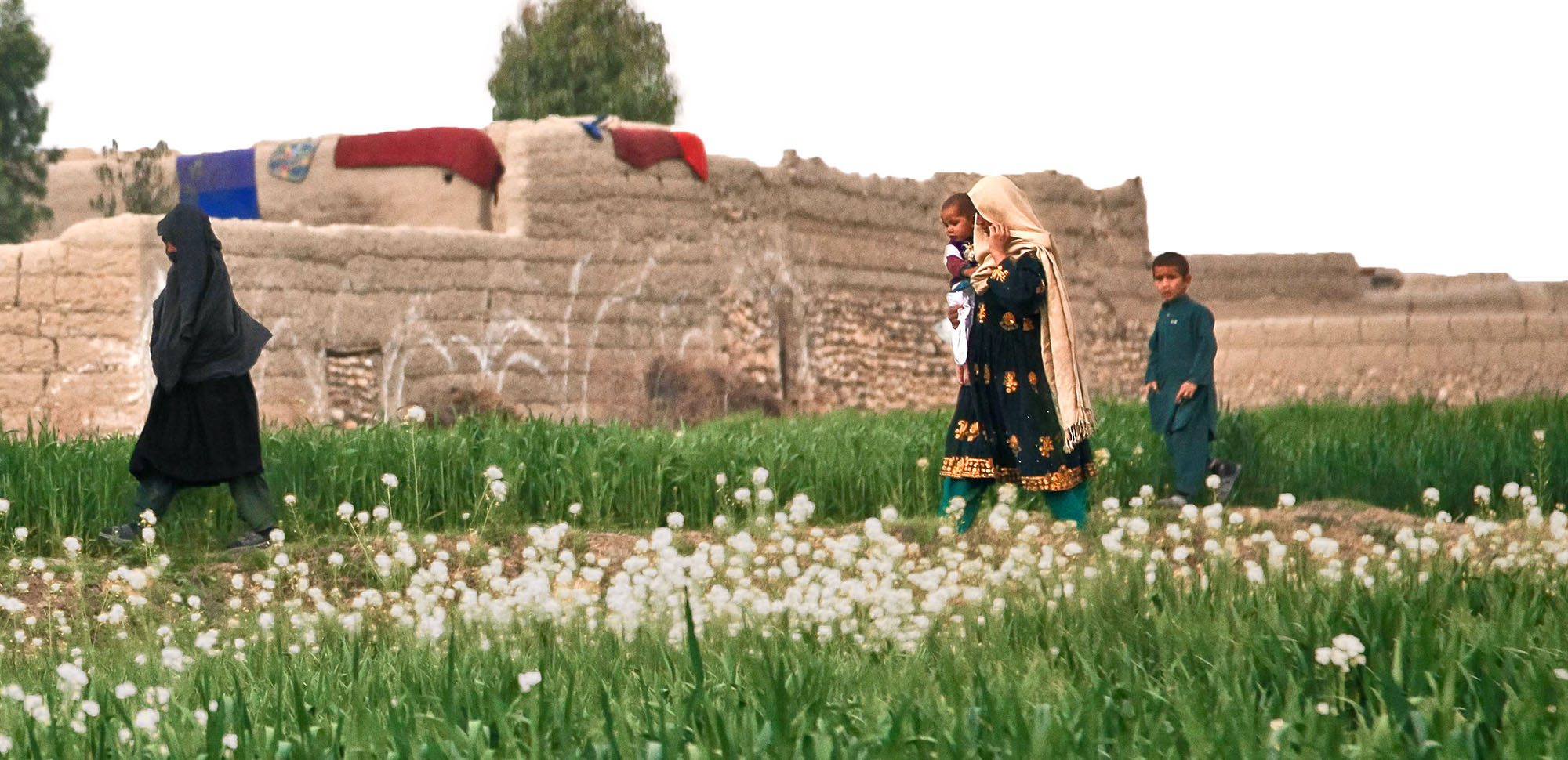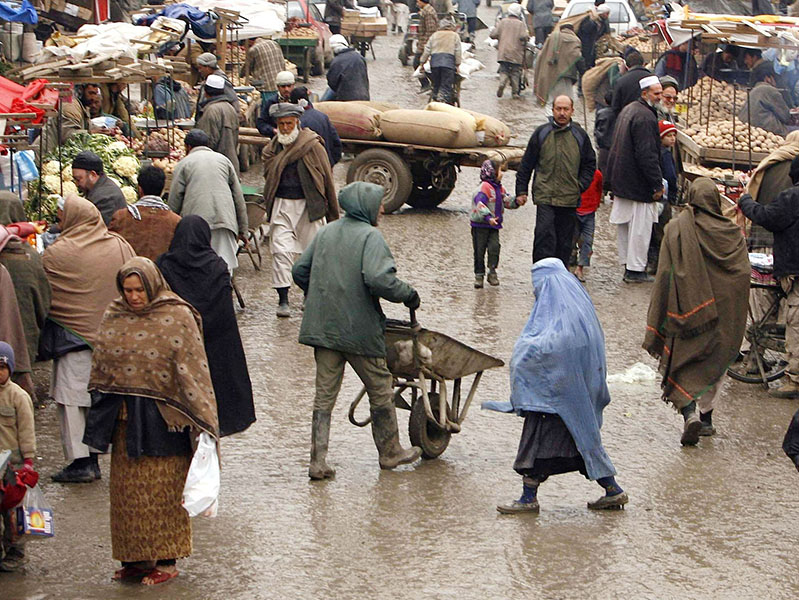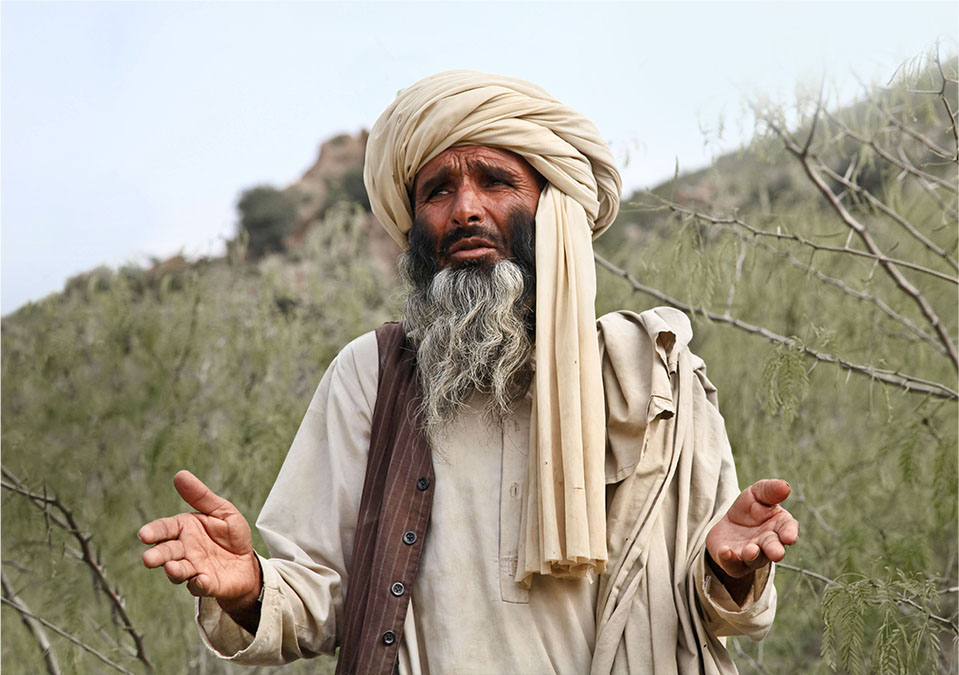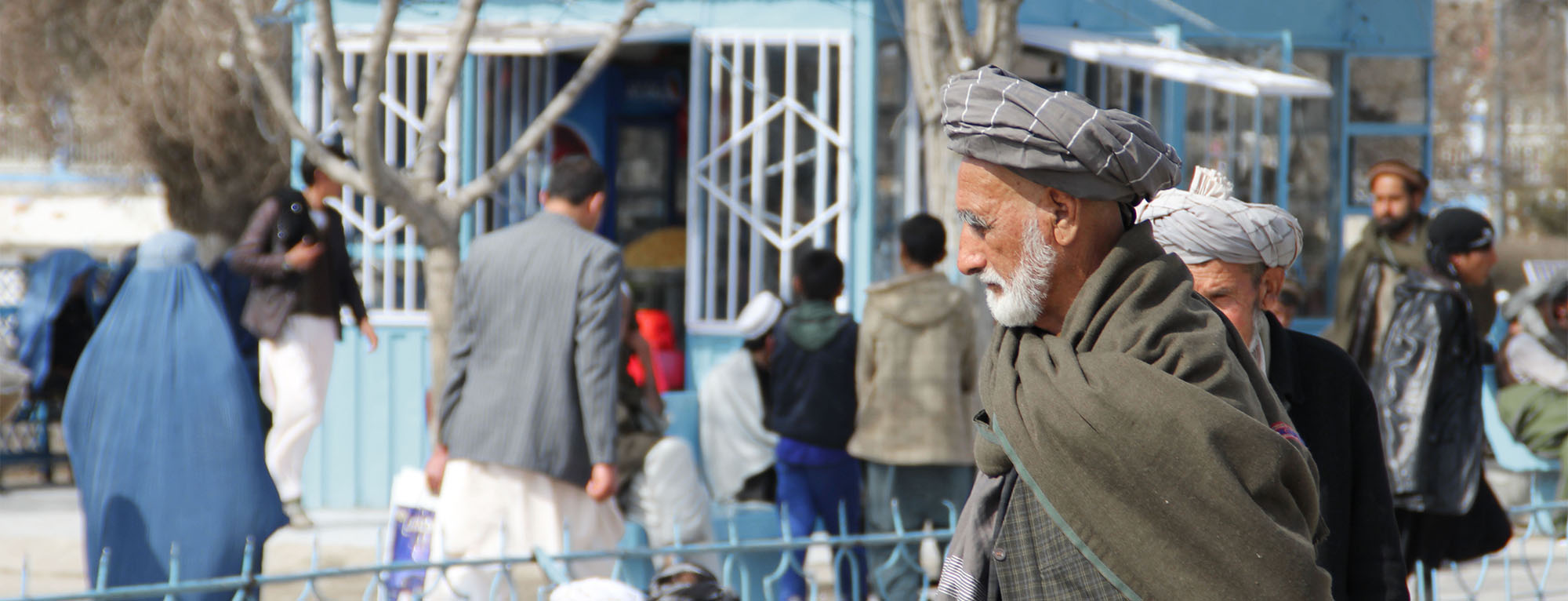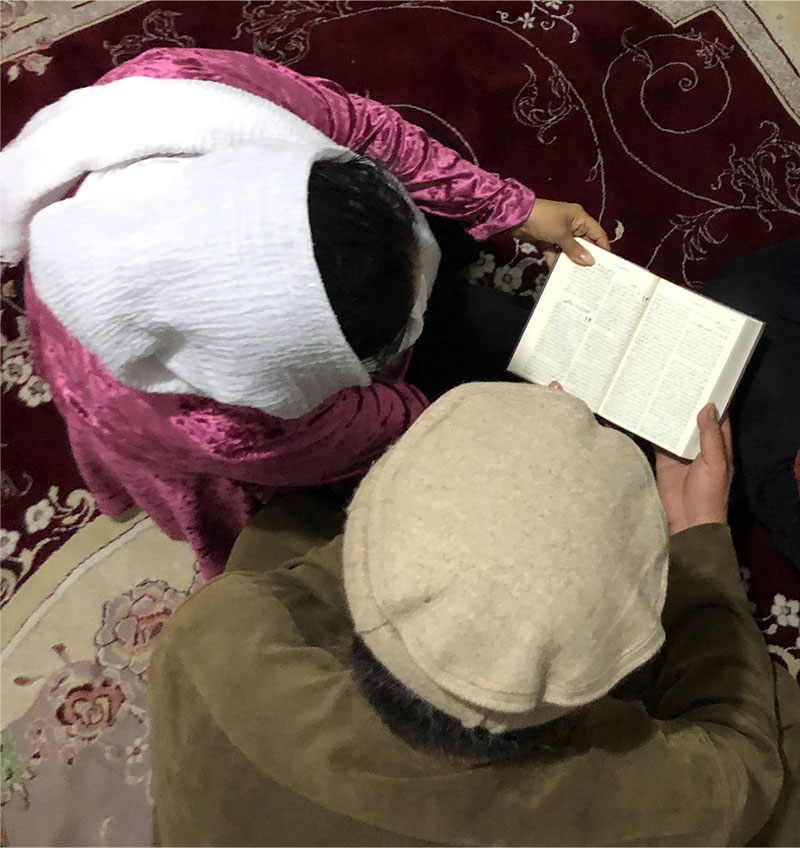AbdullahHe Chose to Stay
In Afghan culture, neighbors are referred to as those who “share our shade,” an expression that may originate from people sharing the shade of the same tree. So when Afghans move, they talk of “changing their shade.”
Since the Taliban took control of the country last August, Abdullah, an Afghan believer, has had to “change his shade” three times. Abdullah was led to faith by a Christian relative, someone known in the community as having left Islam to follow Jesus.
Not long after the Taliban takeover, Abdullah’s neighbors warned him that Taliban fighters had come to his house looking for his Christian relative. Abdullah and his family left that same day to find “new shade” in a place where they were not well known.
But even in that new place, people soon began to ask questions. “Why don’t we see you at the mosque on Fridays?” they asked. “You missed the weekly prayers again.”
Before last August, such questions were just mildly bothersome intrusions by nosy neighbors, but now these questions carry the weight of armed Taliban fighters and the Afghan national government. The Taliban wants every Afghan to follow its strict form of Sunni Islam; in their eyes, anyone who fails to attend mosque is either a traitor or an infidel. Both, they believe, should be punished.
With the Taliban in power, anyone from a local mosque leader to a commander in the national security police may be a member of the Taliban’s network. Believers discovered by the Taliban have been beaten and imprisoned. So if an official calls a Christian to a “meeting,” the believer must decide whether to attend the meeting, try to stall or immediately flee the country.
When Abdullah’s new neighbors began asking questions, he and his family moved again, forcing him to close his business and abandon his livelihood amid an economy in utter ruin. But he hasn’t stopped serving Christ. He stays in regular contact with new Afghan believers, traveling to pray with them, encourage them and study God’s Word with them.
In a recent message to a Christian outside Afghanistan, Abdullah referenced Romans 8, agreeing with Paul that “the sufferings of this present time are not worth comparing with the glory that is to be revealed to us” (v. 18). Abdullah knows that he and other Afghan Christians who decided to remain in the country are “more than conquerors through him who loved us” (v. 37) and that nothing — not even Taliban fighters with AK-47s and rocket-propelled grenades — will be able to separate them from the love of God in Christ Jesus our Lord (v. 39).
With the Taliban in power, anyone from a local mosque leader to a commander may be a member of the Taliban’s network.
